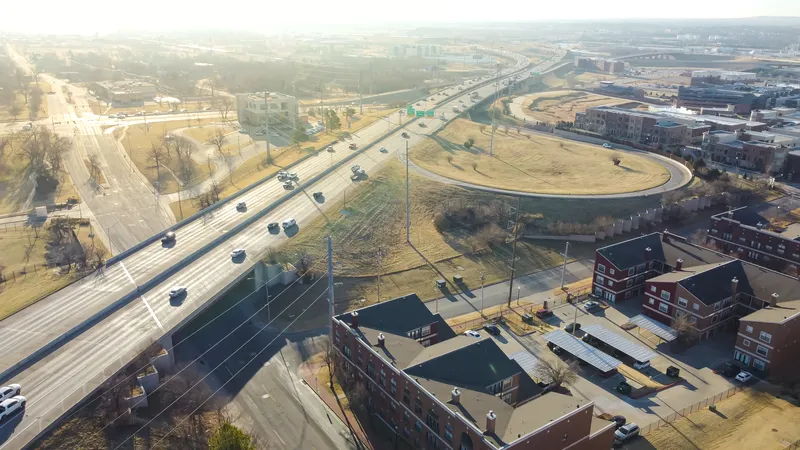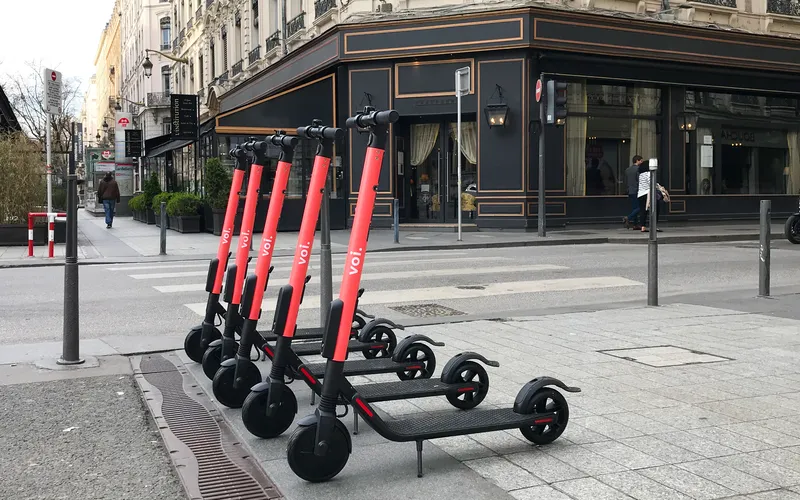
Tolling is now cashless on all 12 Oklahoma turnpikes - a conversion process which cost nearly $60 million over the last seven years.
Users will now pay via PikePass and PlatePay.
The last one to switch to open road tolling was the I-44/Will Rogers Turnpike corridor between Tulsa and the Missouri state line.
It means that motorists can travel through cash lanes and pay them later online instead, with signage in place alerting drivers to keep moving.
Demolition of the toll booths and toll plaza areas is expected to begin after Thanksgiving, and this will lead to some lane closures, says Oklahoma Turnpike Authority (OTA).
Safety was a factor in the move to all-electronic tolling: OTA says there were more than 500 crashes at tolling booths in the six years up to 2021.
PlatePay cameras photograph a vehicle’s licence plate, enabling the authority to send the vehicle’s registered owner an invoice.
Motorists without a PikePass will receive a bill in the mail or can pay online at www.platepay.com "about five days after travelling a turnpike".
OTA says PikePass is the most cost-effective way to travel Oklahoma turnpikes, and its toll tag offers seamless travel on turnpikes within states including Kansas, Texas and some toll roads in Colorado and Florida.
The conversion began with testing on a small section of the Creek Turnpike in Tulsa in 2017. By 2021, the John Kilpatrick Turnpike corridor in Oklahoma City was the first to convert to cashless tolling.









